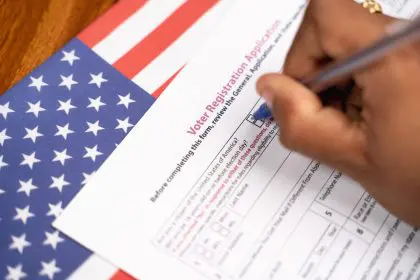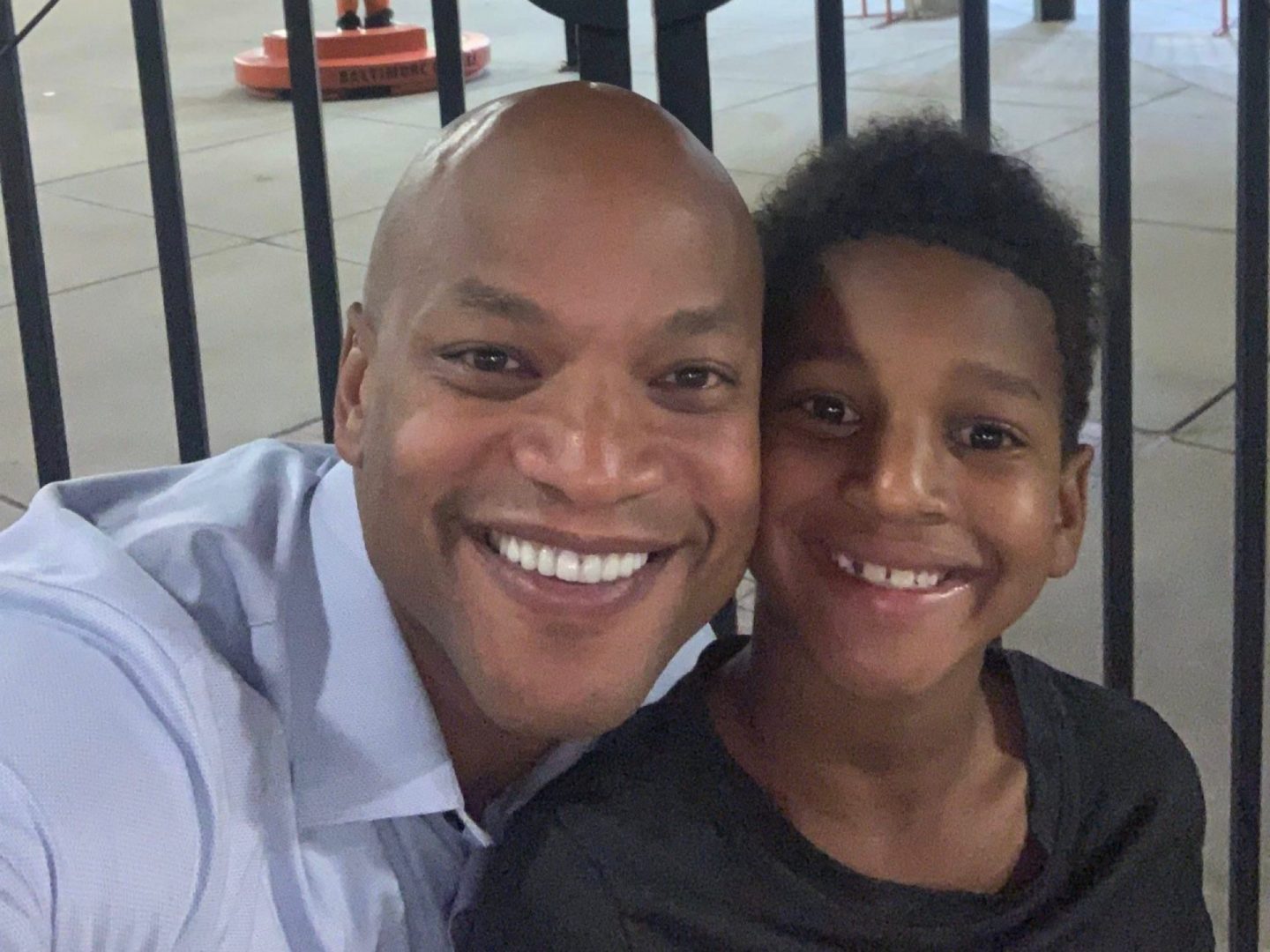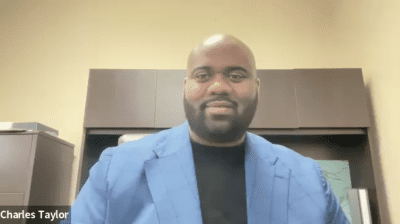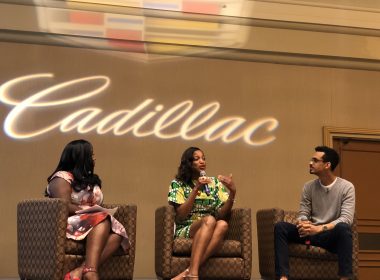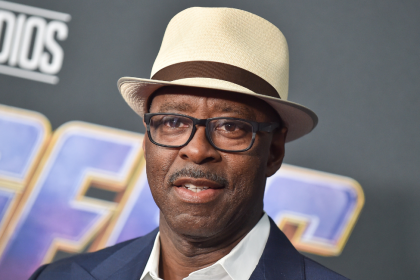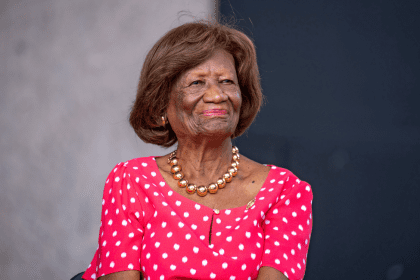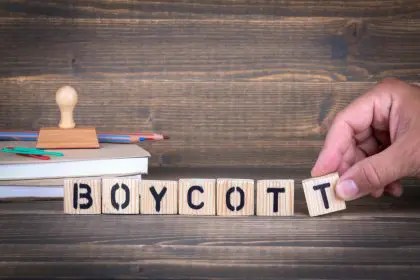
The NAACP sees Wal-Mart’s U.S. Supreme Court victory in the sex discrimination lawsuit as a substantial civil rights setback. This judgment counters two lower courts that ruled the women had proven their case.
Some observers also view this as Wal-Mart’s long-held stance against workers uniting to form a union.
In a 5-4 opinion, the nation’s highest court blocked the suit, Dukes v. Wal-Mart, which could affect the ability of 1.5 million female Wal-Mart employees to challenge potential workplace discrimination. The women had claimed that the world’s largest discount store was guilty of systemic, serial discrimination against workers based on their gender.
“The Supreme Court dealt a blow to civil rights and employment equality in its ruling yesterday,” stated NAACP President and CEO Benjamin Todd Jealous. “The NAACP is deeply concerned and profoundly disappointed at the court’s decision to stifle the right of citizens to stand together and challenge discrimination. When dealing with powerful interests and multinational corporations, the only way to resolve claims of workplace discrimination is through the court system. Yesterday, the Supreme Court sided with corporations over people.”
What stands out most about this case is this: both a federal district court judge in California and the 9th Circuit Court of Appeals ruled that the class action was valid before the Supreme Court’s ruling.
“Title VII of the Civil Rights Act of 1964 affords the rights to people who were discriminated against, and was a much needed step to end workplace discrimination,” added Hilary O. Shelton, director of the NAACP Washington Bureau and senior vice president for advocacy and policy. “The NAACP is outraged by the five justices that, yesterday, made it monumentally harder for classes of discrimination victims to receive justice.”
This suit doubtlessly sent shock waves throughout the minority working population at Wal-Mart. Minorities often feel they occupy a lower rung on the cultural strata. If women’s rights were viewed as being rejected, blacks and Hispanics might believe they are in a more precarious position. –terry shropshire

